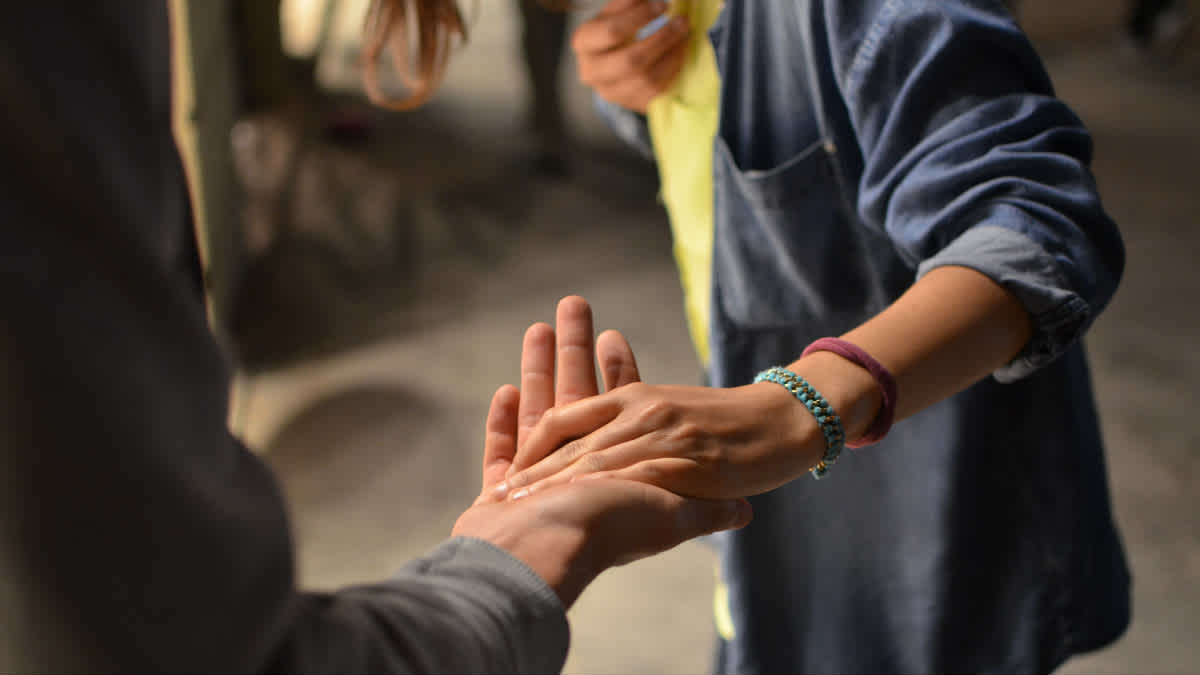
Supporting patients treated for addiction
Center for Drug and Alcohol Treatment (CDAT) in Copenhagen offers treatment to patients who are addicted to drugs and/or alcohol. Many of the patients affiliated with CDAT are in a difficult life situation and find it difficult to manage their own treatment pathway. It is challenging for them to keep track of appointments, which may cause them to miss the treatment that should help them fight the abuse.
A section of CDAT has been testing if the care guides can make it easier to access information for the patients, improve communication with staff, and increase adherence to appointments.
The right information at the right time
In this section of CDAT, patients can start treatment immediately. This means that the patient already the day after the first contact can attend a medical interview. The patient must not be affected by drugs or alcohol at the interview. At the interview, a member of staff will give the patient different types of information about their treatment. At this point, the patient often finds it difficult to absorb and remember the information.
The patient’s care guide is available by an app on the patient’s smartphone, and they can easily find information about e.g., the CDAT opening hours, read about offers and be reminded when to pick up and take medication. With the app, the center is always at their fingertips and patients can even contact the staff using the messaging function.
They can also watch short videos where a member of staff talks about a topic or the treatment. This makes the patient feel better prepared and more confident. The staff can monitor whether the patient has accessed the information and watched the videos. This helps staff to address the areas for each individual patient they need to focus on at the next meeting.
Fewer no-shows, more stability
Many patients do not show up for their appointments. This means that the staff often spend a long time calling the patients to make a new appointment. If a patient fails to show up for three days, the patient must start their treatment all over again. This process is difficult for many, and some self-medicate and buy medication or drugs illegally.
Thanks to the care guide, the patient is reminded of appointments and by using the message function, the patient can write to the administration if they wish to cancel an appointment and the staff can quickly help the patient with a new appointment. Anne Kirstine Svanholt, unit manager at CDAT explains:
"For example, you can write to us if you want to cancel an appointment, and in that way, we can get in touch immediately and ask about the reason, so we can avoid that the patient does not show up?".
Anne Kirstine Svanholt explains that some of the patients find it difficult to talk about their problems face-to-face with a member of staff; it is easier for them to talk about sensitive issues when they can communicate using the messaging function in the app.
Peace of mind
The app not only makes it easier to communicate, it also gives users a different kind of security. Anne Kirstine Svanholt says that users say that the care guide app allows the patients to get closer to the staff in a different way than before. When communicating digitally, patients can send smileys or write "hugs", which also gives the staff a completely different kind of feedback. She elaborates:
"It helps to create stability in the treatments, and in this way it also has an effect on no-shows".
By being able to communicate through the app, the center hopes to be able to retain patients in the treatment program through open dialogues and daily notifications. The positive experiences from the first division of CDAT testing the Emento Care Guide means that the app is now being used in six other divisions of CDAT.

Want to learn more?
You are very welcome to contact Allan Juhl, if you want to learn more or book a demo
Email: allan@emento.dk